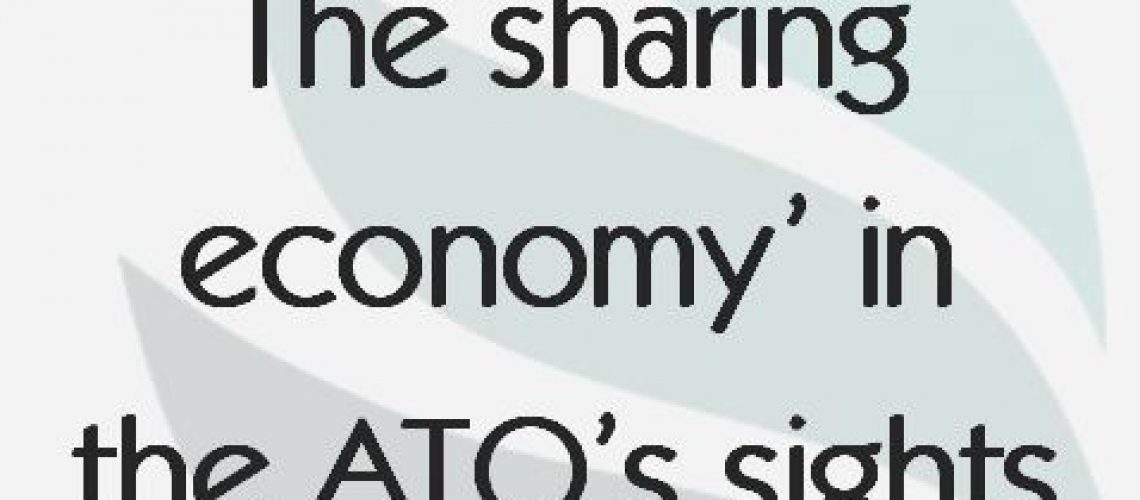The ATO is concerned that those earning money from the ‘sharing economy’ may not realise they have to declare these amounts on their tax return.
In the sharing economy, buyers and sellers are connected through a facilitator who usually operates an app or website.
Assistant Commissioner Graham Whyte said: “If you earn money from doing odd jobs or providing a service like task sharing, transporting passengers through things like ride-sourcing, or renting out a room or house, you need to declare it because it counts as assessable income. If you are running a business through the sharing economy you also need to declare this income.”
“It’s a bit different if the goods you provide or the activity you complete through a sharing economy website or platform is done as a hobby or recreational activity. The amount you are paid may not be assessable income.”
Pepperell & Associates can help you with this distinction.
Mr Whyte said ATO technology was keeping up with the sharing economy, and, thanks to their data collection and data matching activities, the ATO would know if taxpayers have left out a significant amount of income.
In addition, some taxpayers may need to register for, and pay, GST (especially those earning an income from carrying on an enterprise of ridesourcing services, regardless of how much money they earn).

